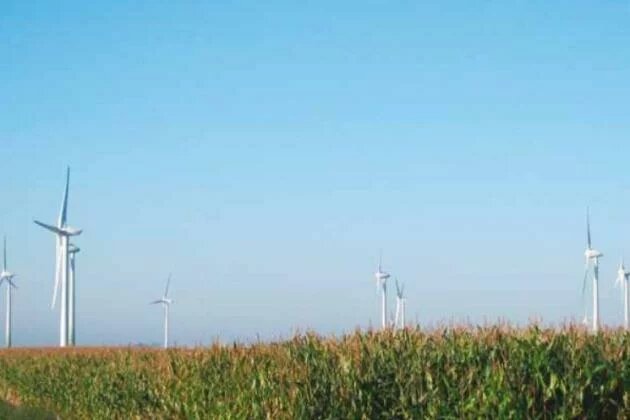
Launch of “A European Union for Renewable Energy” in Berlin
On 23 October 2012, the Heinrich-Böll-Stiftung launched the German version of its report “A European Union for Renewable Energy” in Berlin: Eine Europäische Union für Erneuerbare Energien – Politische Weichenstellungen für bessere Stromnetze und Fördersysteme
Ralf Fücks, President of the Heinrich Böll Foundation, introduced the event which was held at the Heinrich Böll Foundation’s Headquarters in Berlin.
Sascha Müller-Kraenner, co-author of the report and Partner of the Ecologic Institute gave a presentation to highlight the key messages of the report.
The report was then discussed with a high-ranking panel including Rainer Baake, Director of Agora Energiewende, a platform which aims to substantiate the discussion concerning the implementation of the German energy transition, Bärbel Höhn, Member of the German Parliament and Vice Chair of the Parliamentary Fraction of Bündnis 90/Die Grünen, and Severin Fischer, Research Fellow within the EU integration division at the Berlin-based Stiftung Wissenschaft und Politik, the German Institute for International and Security Affairs. Ralf Fücks, President of the Heinrich-Böll-Stifung, moderated the debate.
The discussion with the audience evolved around the subsequent key issues:
Flexibility challenge: The energy system needs to provide sufficient flexibility to deal with variable renewable energy sources such as wind and photovoltaics. Enhanced European cooperation with a functioning EU internal energy market and the necessary grid infrastructure in place can play a key role to tackle the flexibility challenge. There should be a transformation from a fossil to a renewable energy market by phasing out subsidies for conventional fuels, providing balancing solutions and creating a stable investment framework.
Electricity prices: In order to convince European Member States from a shift towards renewables, the German energy transition has to succeed both from an ecologic and an economic viewpoint. While current debates in Germany revolve around the price increase due to renewables support, a high share of renewable energy sources actually lowers the electricity wholesale market price (merit-order effect). More competition in a cross-border electricity market can furthermore decrease electricity prices.
Centralisation vs decentralisation: The Europeanisation of renewables means connecting networks across borders, in order to allow for the optimised use of renewable energy sources independent from national borders. This does not automatically imply the centralisation of the energy supply system but rather: as much decentralisation as possible and as much centralisation as necessary.
Grid planning: There needs to be more transparency and participation in the grid planning process. Not a European “Master Plan”, but rather a participative, inclusive and transparent process should take into account different policy levels and include a variety of stakeholders. Best practices from European and national levels should reinforce each other in order to improve grid planning and increase public acceptance.
Post-2020 EU policies: With its climate and energy package the EU has set itself binding targets for emissions reduction, renewables and energy efficiency to be achieved by the year 2020 (the so-called 20-20-20-targets). A main challenge today is to ensure that strong growth in renewable energy continues after 2020 when the current policy framework with binding targets expires. In the context of the European crisis, however, there seems to be a lack of support from EU Member States for an ambitious 2030 energy and climate package.
Frontrunner groups: While there is currently no EU wide consensus on a 100% renewables future, EU regulations should at least not impede the shift towards renewables. Those Member States that want to enhance renewables development should align and create frontrunner groups in order to benefit from cross-border cooperation.
To sum up, the European context is of utmost importance for the German “Energiewende”. On the one hand, the impacts of Germany’s energy transition on neighbouring countries (e.g. on grid stability) must be addressed. On the other hand, the benefits of a European cooperation in terms of security of supply, flexibility and decreasing electricity prices in a competitive internal market should be fully exploited.
Thus, an enhanced European cooperation in energy policies should be ranked high on the agendas of German policy-makers who want to turn the Energiewende into a German and European success story.
See also:
Press Release (in German)
Recording of Report Launch and Panel Discussion on 23/10/2012 (in German)
Pictures of Report Launch and Panel Discussion on 23/10/2012